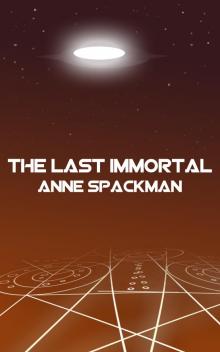 The Last Immortal : Book One of Seeds of a Fallen Empire
The Last Immortal : Book One of Seeds of a Fallen Empire Star Gods: Book Four of Seeds of a Fallen Empire
Star Gods: Book Four of Seeds of a Fallen Empire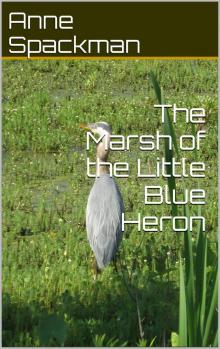 The Marsh of the Little Blue Heron
The Marsh of the Little Blue Heron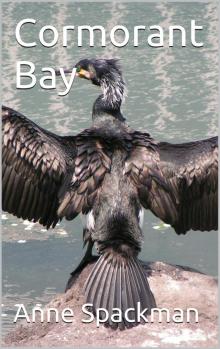 Cormorant Bay
Cormorant Bay Across the Stars: Book Three of Seeds of a Fallen Empire
Across the Stars: Book Three of Seeds of a Fallen Empire Under the Ash Tree
Under the Ash Tree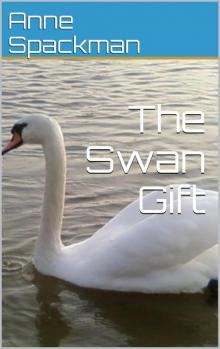 The Swan Gift
The Swan Gift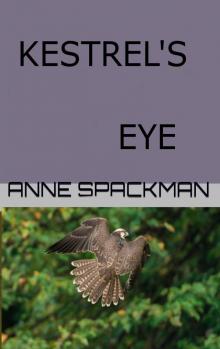 Kestrel's Eye
Kestrel's Eye Caesar and Cleopatra: A Tale of Julius Caesar
Caesar and Cleopatra: A Tale of Julius Caesar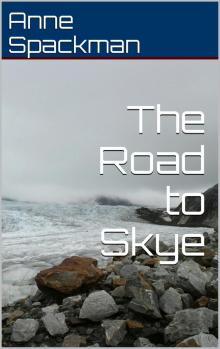 The Road to Skye
The Road to Skye Juniper Hill
Juniper Hill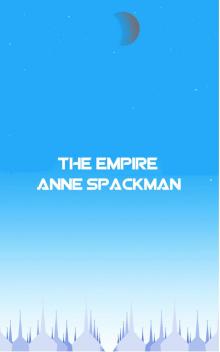 The Empire: Book Six of Seeds of a Fallen Empire
The Empire: Book Six of Seeds of a Fallen Empire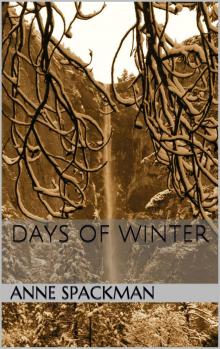 Days of Winter
Days of Winter The Osiris Invasion: Book Two of Seeds of a Fallen Empire
The Osiris Invasion: Book Two of Seeds of a Fallen Empire The Comet Riders: Book Five of Seeds of a Fallen Empire
The Comet Riders: Book Five of Seeds of a Fallen Empire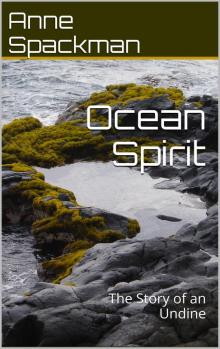 Ocean Spirit : The Story of an Undine
Ocean Spirit : The Story of an Undine What Emma Left Behind
What Emma Left Behind The Book of Bird and Fairy Stories
The Book of Bird and Fairy Stories Blackberry Wine
Blackberry Wine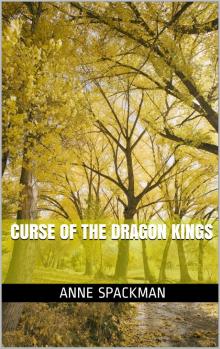 Curse of the Dragon Kings
Curse of the Dragon Kings